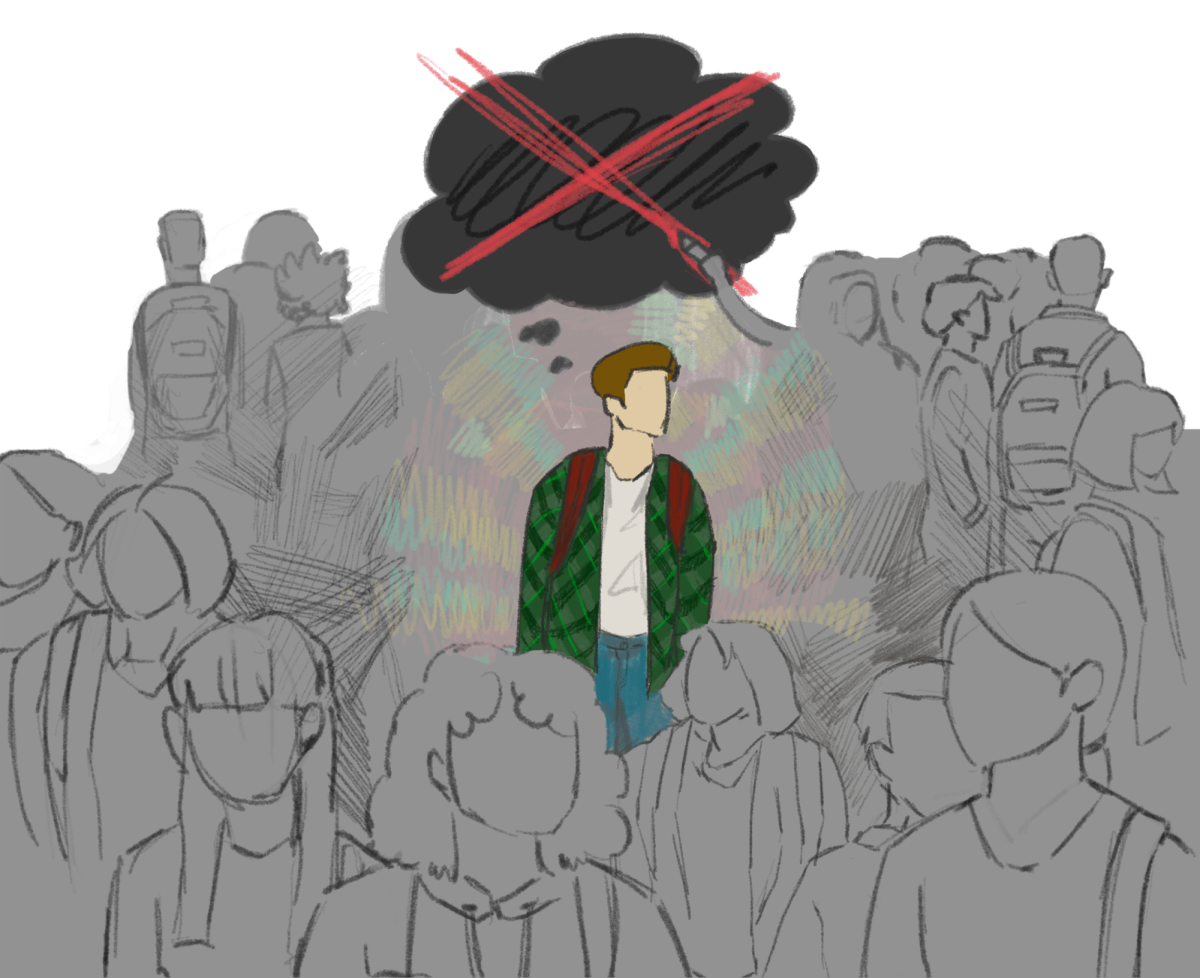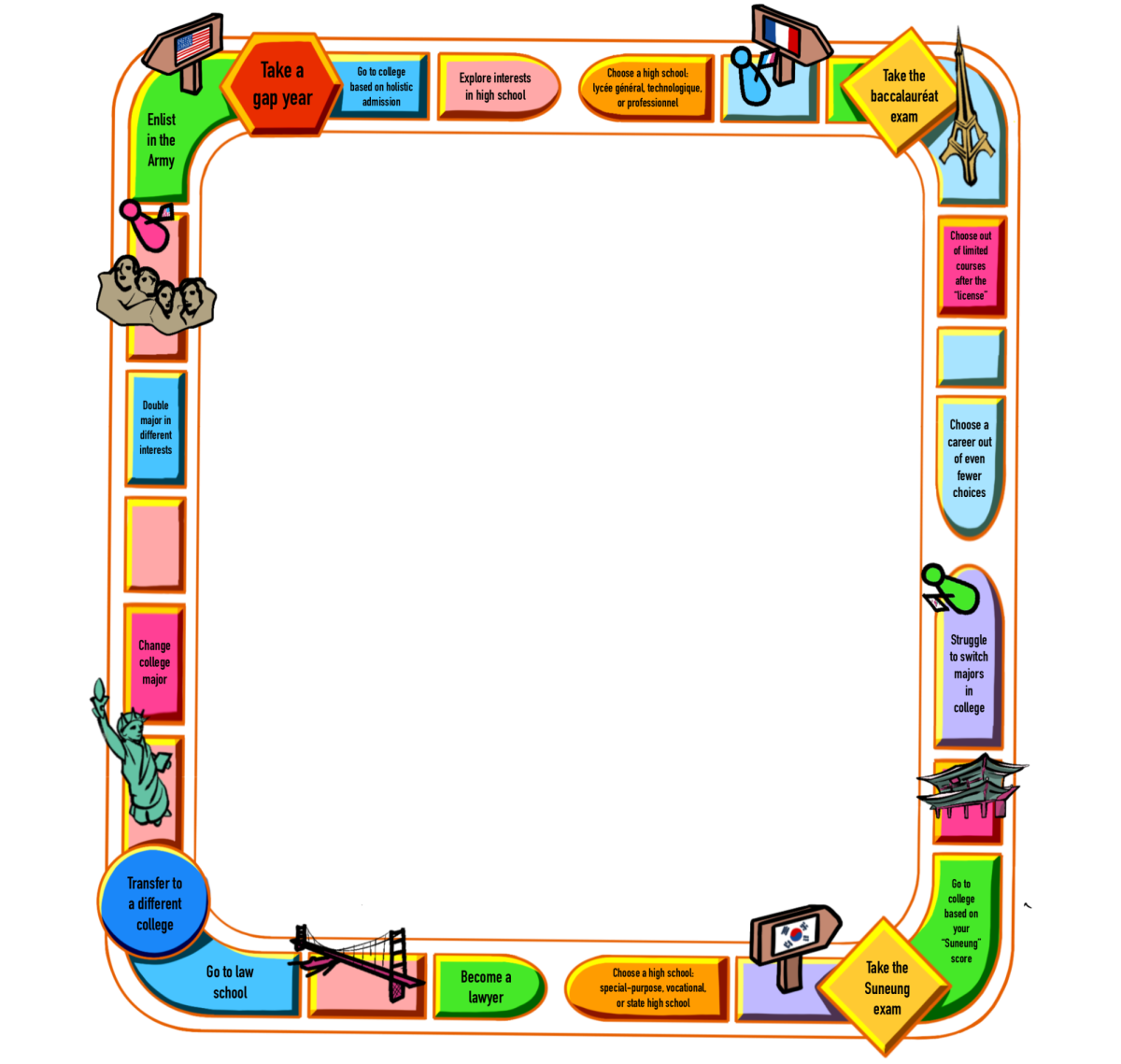Pro:
For decades, kids have been taught to “say no to drugs” and that drugs will “ruin your life.” Although drugs do have the potential to catastrophically affect human life, marijuana is not one of those drugs. Because voters have been told that marijuana is a hard-core drug, they’ve been blinded to the reality that the legalization of marijuana can do more help than harm. Legalizing marijuana will decrease risks, grant citizens their right of self-determination, allow police forces to focus on catching more serious criminals and increase federal revenue.
Government Regulation
If the government decriminalizes marijuana, it will be able to regulate the production much more than before, actually decreasing the already few risks of the drug. One of the most dangerous threats of smoking marijuana is that it can be contaminated with trace amounts of harmful substances. If legalized, the Food and Drug Administration will have control of marijuana and will be able to regulate the chemicals allowed into the drug, making it safer for the users. Marijuana is less addictive than tobacco and alcohol, yet it’s illegal while tobacco and alcohol are common occurrences in everyday life. According to the 1999 Federal Institute of Medicine study, fewer than 10 percent of those who try marijuana ever reach the criminal criteria for dependence, while 32 percent of tobacco users and 15 percent of alcohol users do.
Law Enforcement
In 2012, police carried out 749,825 arrests for marijuana violations, according to the Federal Bureau of Investigation’s annual uniform crime report. Marijuana related incidents comprise 48 percent of all drug arrests in the United States. Eighty-eight percent of marijuana arrests were for possession only. Focusing so much attention on inconsequential arrests like possession of marijuana has distracted police from catching criminals who are causing more damage. Of course, the police are here to ensure that we are safe and our laws are enforced, but the 40-year-old woman doing henna in her backyard and smoking weed is not putting me in any sort of danger. If marijuana were to be legalized, the government could start treating drug abuse as a medical issue rather than a criminal one.
Constitutional Rights
The legalization of marijuana is not only a matter of prohibition, but also one of personal choice. Citizens of the United States are entitled to certain amount of individual freedom, especially when their actions are not harmful to those around them. Americans put massive amounts of false faith in the belief that these rights will never be taken away, but our right to self-determination has vanished. We, as citizens, should be allowed to do whatever we want on our own. We have the right to determine our own fates. Legalizing marijuana will not force people to do the drug; it will simply give people the choice to treat their bodies how they please.
Increased Tax Revenue
Legalization will allow the government to access the very profitable business of marijuana. According to a 2010 study from the Cato Institute, legalizing marijuana would generate $8.7 billion in federal and state tax revenue annually. On top of the massive amounts of income from taxes, the government would save up to $7.7 billion that they currently use to control marijuana use. With a federal deficit of $1.7 trillion, the United States government should take any source of reasonable income that it can get.
Contrary to popular belief, the legalization of marijuana won’t have the drastic negative social effects that people expect. Restrictions like Colorado state law will maintain the 21-year age limit and driving-under-the-influence penalty to keep marijuana use at a controlled level.
—Watkins, a junior, is a reporter.
Con:
Throughout middle school and high school, teenagers have been constantly reminded that marijuana is harmful to them. Recently however, there has been an increasing effort to legalize marijuana in various states. More than 25 million people in the U.S. have smoked marijuana in just the past year. Of those 25 million, 25 percent were high school students. Because of this high rate of usage, legalization of this drug will only cause problems. Marijuana should not be legalized because of the health hazards it poses, the burden on the government and the fact that it could lead to consumption of other more dangerous and addictive drugs.
Health Risks
One of the major problems from the use of marijuana is the health risks. There is a mainstream idea that marijuana is not unhealthy, but there have been multiple studies showing the risks that marijuana use poses. Scientists in California examined 450 daily marijuana smokers and found that the smokers had more sick days for respiratory problems than those who did not smoke. According to a 2008 article published in the European Respiratory Journal, smoking just one joint of marijuana caused the same amount of lung damage as smoking 7 to 10 cigarettes. Marijuana smoke also contains some of the same cancer-causing compounds as tobacco, and sometimes contains even higher concentrations of tetrahydrocannabinol (THC). Marijuana has also been seen to increase users’ heart rates by 20 to 100 percent after usage, rapidly increasing the risk of heart disease. In addition, human medical studies have shown that marijuana impairs the ability of T-cells to fight off some infections.
Accessibility and Profits
Legalizing marijuana raises its accessibility by effectively encouraging the use of the drug. It creates a situation in which the price can drop substantially. One RAND study indicates that prices could plummet by up to 90 percent. Because prices will drop and legal fears will disappear, usage is likely to increase. The Obama administration also has explained that marijuana taxes may not be able to cover the costs for legalizing it, because tobacco does not even carry its economic weight when taxed. Each year the government spends more than $200 billion for costs associated with cigarette use and collects only about $25 billion in taxes.
Usage Among Teens
This problem also affects the younger generation. According to a 2013 study published in The Journal of Addiction Medicine, 23 percent of high school students have used some kind of tobacco product while 40 percent of teenagers have tried marijuana. Marijuana use has increased rapidly among teens, while tobacco use has started to decrease. Studies also link regular marijuana exposure during the teen years to a lowered IQ, higher dropout rates and further drug use. The Dunedin Study in New Zealand followed over 1000 individuals from birth to age 38. The individuals were tested for IQ and brain function at ages 13, and again at 38. Participants with no reported use showed a slight increase in IQ between the ages of 13 and 38. Those who showed dependence on marijuana lost an average of up to six IQ points.
Gateway to Harder Drugs
Furthermore, marijuana is a gateway drug that leads many consumers to try cocaine, heroin and methamphetamines. Studies by the National Institute of Drug Abuse show that consumers smoke marijuana assuming it’s harmless, but when it causes a “high,” the user desires a bigger and better “high,” so they turn to stronger drugs. Adolescents who smoke marijuana are 85 percent more likely to use drugs like cocaine than adolescents who don’t smoke.
Proponents of legalization believe that it will benefit our society. In the short-term, it may lead to increased revenue for our government to solve other problems. But in the long-run, legalization will result in increased usage among teens, increased accidents on the road and workplace and reduced stigmatization of harder drugs, thus negating all the short-term benefits. Moments of the “high” are definitely not worth the consequences and risks.
—Murthy, a sophomore, is a reporter.











